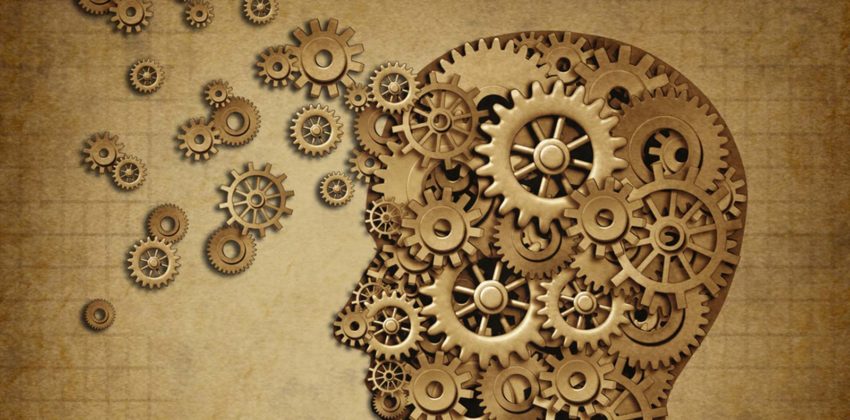As you may already know, hormones are regulatory substances produced by the glands that stimulate specific cells in the body. They are carried by the blood to different parts of the body and are responsible for regulating a wide variety of physiological and behavioral processes.
The brain, arguably the most important of all of our organs, is one of those body parts that rely significantly on proper hormone balance in order to function appropriately. Naturally, the brain’s health is also dependent on a number of other vital factors. Proper nutrition through a carefully curated diet, for instance, provides the brain with much-needed fuel, while exercise has been scientifically shown to be essential in improving memory and thinking skills. Furthermore, hydration is also very important, given that the brain is almost three-quarters water and is constantly in need of life-giving H20.
Neurotransmitters and the brain
The human brain is the most complex structure known in the universe. No other brain in the animal kingdom is capable of producing the same kind of consciousness that we associate with the human brain—the consciousness that is responsible for our art, our mathematics, our sciences, and our sense of spirituality.
Yet the human brain also remains to be shrouded in mystery. This is quite understandable, considering that the brain comprises about 100 billion nerve cells and some 100 trillion nerve connections. What we do know is that this massive network of nerve cells or neurons are all interconnected through tentacle-like structures called dendrites and axons, which receive and transmit communication chemicals called neurotransmitters. The neurotransmitters pass through trillions of junctions or gaps called synapses to complete the brain’s communication process.
Neurotransmitters play a major role in the brain and are at the core of everything that the organ has evolved to do. These include including memorizing, learning about new things, reasoning, and enabling bodily movements.
What hormonal imbalances do to the brain
When the brain is not at its optimum health due to problems in nutrition, hydration or hormonal balance, a person may experience negative symptoms related to cognition, memory, and behavior. Examples of these include memory gaps, speech changes, shortened attention span, losing one’s train of thought, behavioral lapses, and forgetfulness.
Imbalances in hormones like testosterone, estrogen, pregnenolone, progesterone, and thyroid hormones, in particular, can significantly affect our moods and cognitive functioning because such imbalances also wreak havoc on the brain’s chemistry and on the systematic process of neurotransmission.
This is why it is important to ensure that you support the health of your brain in every way possible. Eat foods rich in nutrients, particularly antioxidants from fruits and vegetables and omega 3 fatty acids from fish and seeds like chia and flaxseed. Also observe other healthy lifestyle practices like exercising regularly and getting enough sleep every day. Moreover, you should avoid smoking and excessive alcohol consumption.
All of these can contribute to optimal hormonal health, which can help keep your brain and other organs in tiptop shape. Finally, if hormonal imbalance is a major health problem that you are facing, ask your doctor if you are a candidate for treatments like bioidentical hormone replacement therapy.





